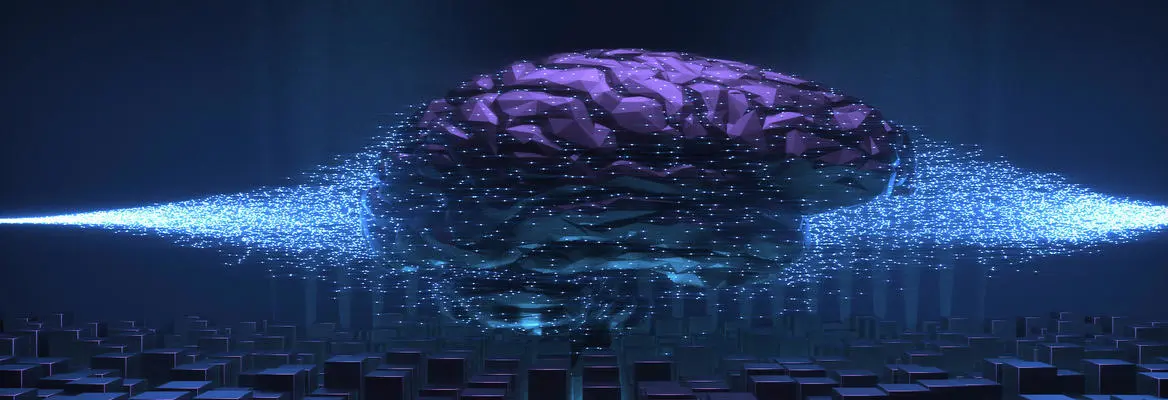Elon Musk is designing an electronic brain implant. The implant could help people with disabilities, improve our cognitive abilities and even lead to a form of digital immortality. But the technology is not without its dangers. The ability for a select few to enhance themselves and not others, could pose an existential threat to our societies, writes Éric Fourneret.
"Neuralink" is a start-up created by Elon Musk in 2016. The company’s main aim is brain implants development by means of electronic chips that are inserted into the brain and equipped with a form of artificial intelligence. This kind of technology focuses on helping persons with disabilities, for example, to communicate or to move. At first glance, "Neuralink" does not seem to present any particular ethical difficulties. Helping persons with disabilities respects the principle of beneficence, in other words, it acts or has qualities of mercy, kindness, generosity, charity, altruism, love, huma















Join the conversation